Journalist Florence Williams talks about her painful divorce and how that led her to uncover the latest research on loneliness and its connection to health.
Read more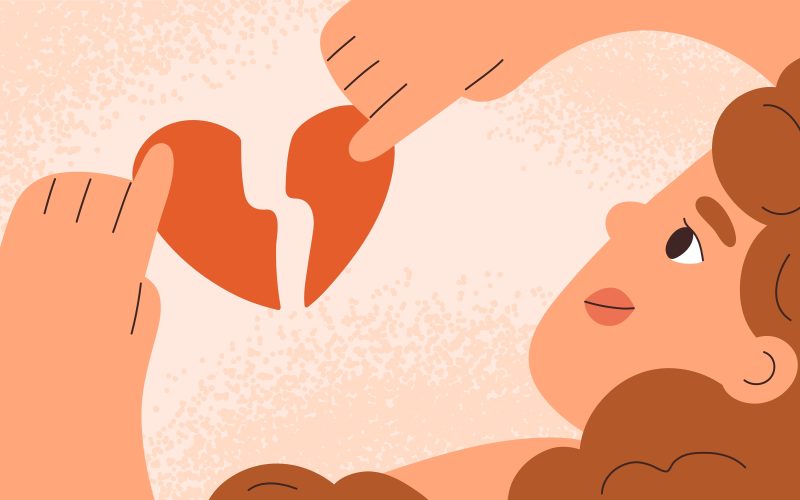


Journalist Florence Williams talks about her painful divorce and how that led her to uncover the latest research on loneliness and its connection to health.
Read more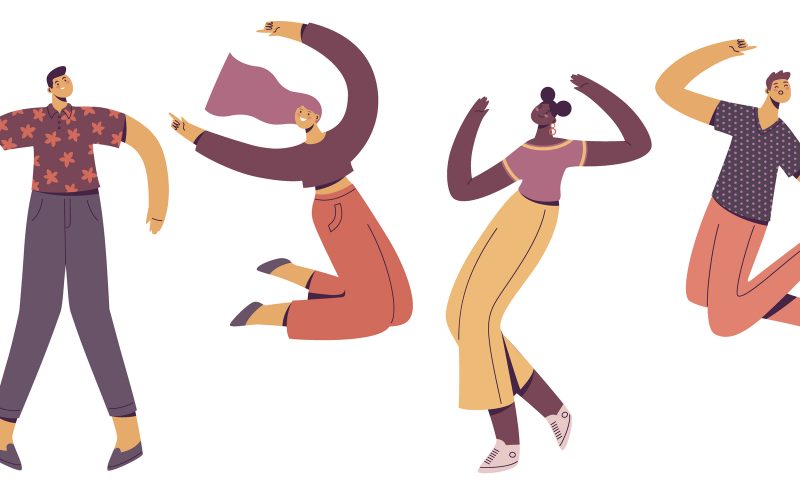
Science journalist Catherine Price discusses her definition of true fun and why she feels it can lead us to happier, more fulfilling lives.
Read more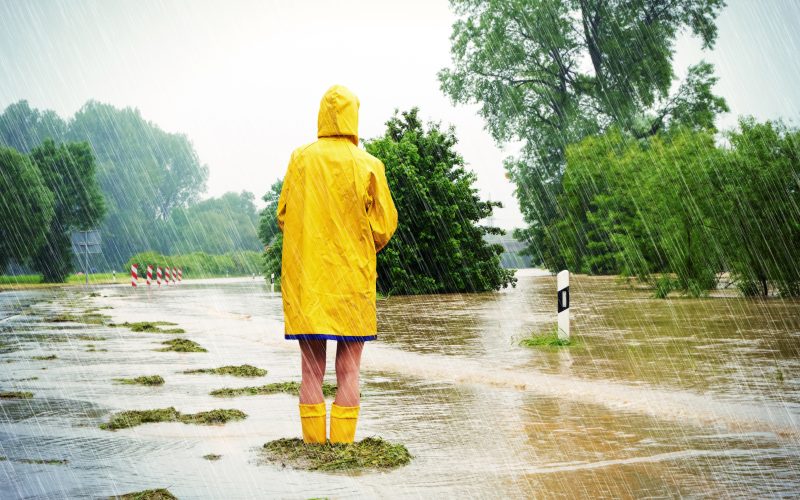
Think broadcasts today from the studios of WWNO in New Orleans. Erica Gies discusses the Slow Water movement, an idea that pushes back on methods that speed water away so that floods and droughts find natural systems that work with today’s infrastructure needs.
Read more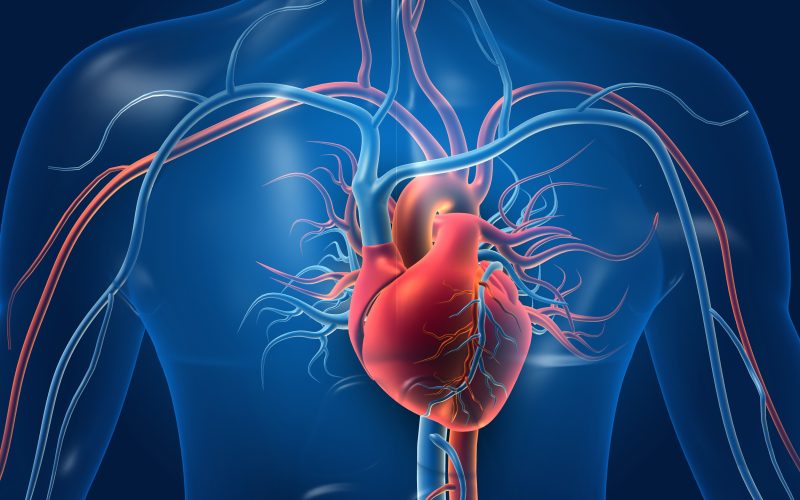
Dr. Dhun Sethna explains how advancements in our knowledge of blood circulation and the heart have shaped today’s medicine.
Read more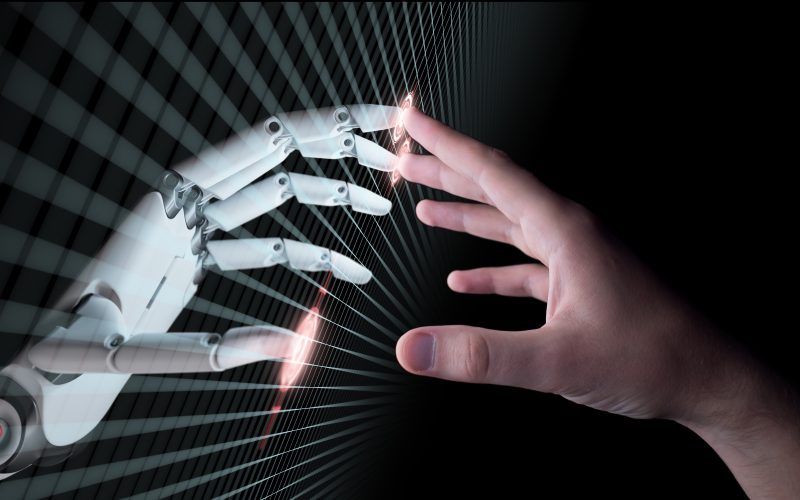
Cade Metz from The New York Times joins guest host Courtney Collins to talk about how we want our tech to talk back to us and have feelings and why we are still so far away from that even being in the realm of possibility.
Read more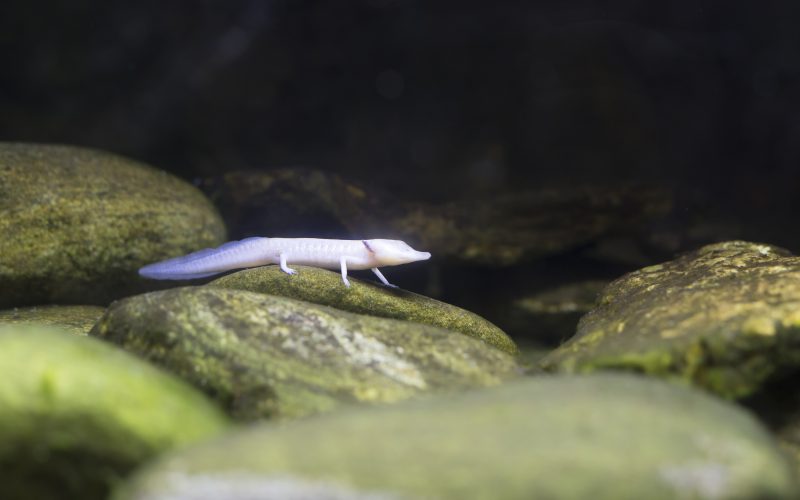
Vox environmental reporter Benji Jones joins guest host Courtney Collins to discuss why it’s so hard to protect animals when the scientific community isn’t sure if they still exist.
Read more
Podcast host David McRaney talks about why we must approach beliefs from the eye of the beholder, why our own thoughts might be wrong, and why group thinking harms intuitive reasoning.
Read more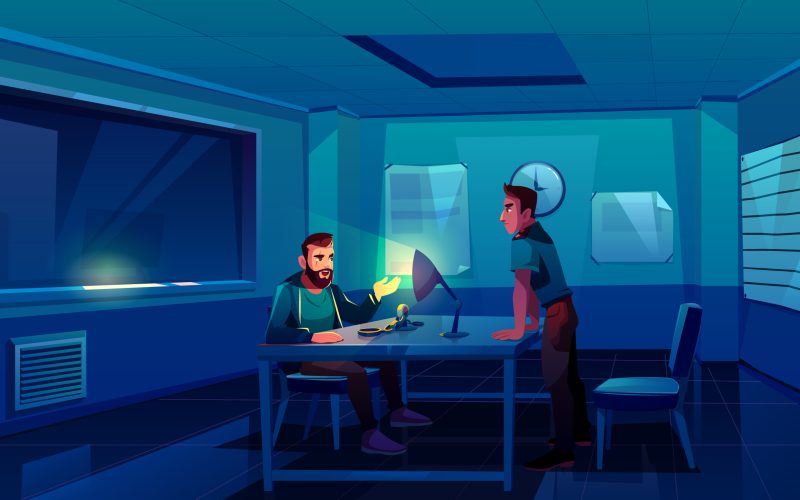
Psychotherapist David J. Lieberman explains how to pick up on subtext in spoken and written words, how to sniff out lies, and where to find the devil in the details.
Read more
Eric Dean Wilson discusses how America uses more energy for cooling than any other nation on the planet and how that’s fueling the climate crisis.
Read more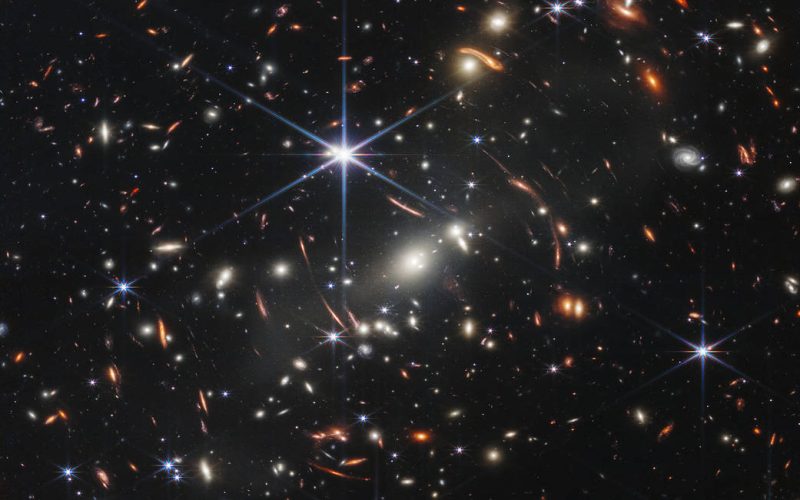
Lee Billings, senior editor of space and physics for Scientific American, joins us to talk about the latest scientific discoveries of the James Webb Space Telescope and the secrets of the universe astronomers hope to unlock.
Read more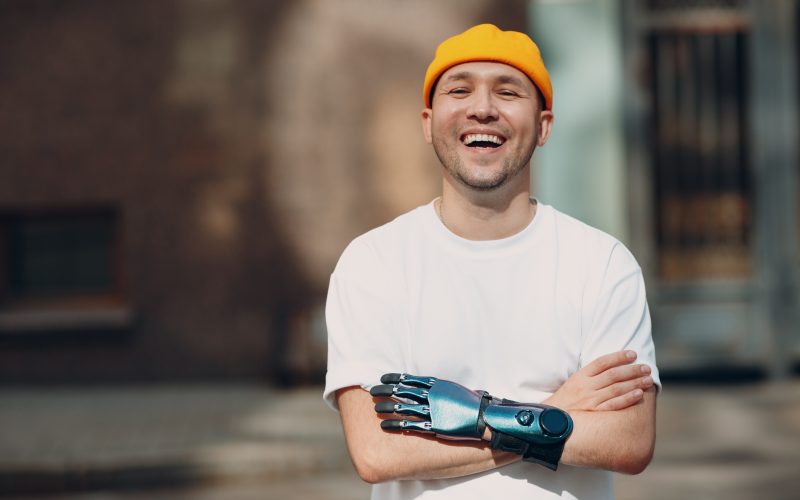
National Geographic writer Cynthia Gorney explains why, out of the five senses, touch is so key to well-being, and the latest tech helping amputees to feel again.
Read more
Charlie Warzel, contributing writer at The Atlantic, joins us to discuss Google’s search engine and why some critics say its function is decaying.
Read more